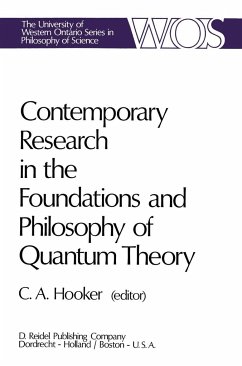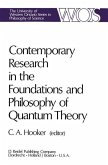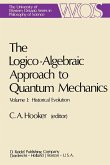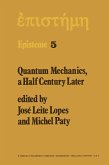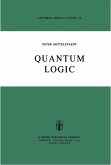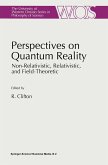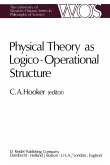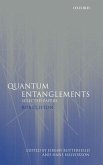To mathematicians, mathematics is a happy game, to scientists a mere tool and to philosophers a Platonic mystery - or so the caricature runs. The caricature reflects the alleged 'cultural gap' between the disciplines a gap for which there too often has been, sadly, sound historical evidence. In many minds the lack of communication between philosophy and the exact disciplines is especially prominent. Yet in the past there was no separation - exact knowledge, covering both scientists and mathemati cians, was known as natural philosophy and the business of providing a critical view of the nature of reality and an accurate mathematical de scription of it constituted a single task from the glorious tradition begun by the early Greek philosophers even up until Newton's day (but I am thinking of Descartes and Leibniz I). The lack of communication between these professional groups has been particularly unfortunate, for the past half century has seen the most ex citing developments in mathematical physics since Newton. These devel opments hinged on the introduction of vast new reaches of mathematics into physics (non-Euclidean geometries, covariant formulations, non commutative algebras, functional analysis and so on) and conversely have challenged mathematicians to develop the appropriate mathematical fields. Equally, these developments have posed profound philosophical problems to do with the rejection of traditional conceptions concerning the nature of physical reality and physical theorising.

